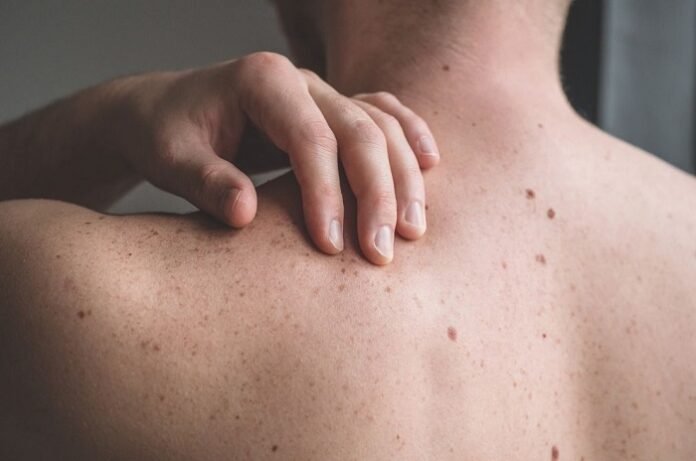Australia experiences some of the highest rates of skin cancer in the world, posing serious health risks. The harsh sun and outdoor lifestyle contribute to the growing number of cases yearly. Awareness is key to understanding how UV rays can damage the skin and lead to long-term issues. Early detection and prevention can make a significant difference in reducing skin cancer rates.
Skin experts like Advantage Skin Clinic support early detection and treatment, helping Australians combat the growing skin cancer crisis. Such clinics provide specialised care, offering thorough checks to identify potential problems early. Let’s examine the impact of sun exposure and explore ways to protect your skin.
The Impact of UV Radiation on Skin
Ultraviolet (UV) radiation from the sun is the primary cause of damage in Australia. Prolonged exposure can lead to sunburn, premature aging, and an increased risk of cancer. Many people underestimate how quickly UV rays can harm unprotected derma. While UVA rays penetrate deeply and cause aging, UVB rays cause burns and cancer.
Understanding the effects of both types helps people take necessary precautions to minimise exposure. Learning about UVA and UVB rays empowers individuals to choose the proper protection. Awareness ensures smarter decisions, reducing the risks associated with prolonged sun exposure.
Common Skin Changes from Sun Damage
Frequent exposure to sunlight can cause noticeable changes in the appearance over time. Wrinkles, age spots, and loss of elasticity are common signs of prolonged sun damage. More serious effects include the development of pre-cancerous lesions that may progress into malignant conditions. Regular checks are vital to detect these changes early and prevent complications.
Protective measures like wearing sunscreen and seeking shade reduce the likelihood of visible damage. Using broad-spectrum sunscreen daily creates a strong barrier against harmful UV rays. Combining sun protection with regular hydration keeps it healthy and less prone to damage.
The Importance of Regular Skin Checks
Routine derma checks are crucial in identifying abnormal changes before they escalate into serious issues. Experts in Australia recommend regular screenings, especially for individuals with fair skin or a history of sunburns. Derma checks are noninvasive and allow specialists to monitor spots, moles, or other changes effectively.
Early detection improves treatments’ success rate, minimising the cancer’s impact. Seeking professional care ensures that even subtle changes receive proper attention. Clinics offer easily accessible facilities to provide readily available, early detection of melanoma and sun-related cancers.
Protecting Yourself Against Harmful Rays
Simple habits like wearing wide-brimmed hats, UV-blocking sunglasses, and protective clothing can make a big difference. One of the most effective protective measures is using sunscreen with a high SPF daily. Reapplying it every few hours, especially during outdoor activities, ensures consistent protection. Avoiding it during peak hours, typically between 10 a.m. and 4 p.m., reduces UV exposure. Taking these steps not only prevents damage but also supports long-term derma health.
Understanding the Role of Expert Care
Specialised clinics provide invaluable support for managing and preventing cancer in high-risk areas like Australia. These facilities offer advanced diagnostic tools to monitor and treat abnormal conditions. Comprehensive care includes education on sun safety tailored to individual needs and lifestyles.
Access to professional advice ensures that patients receive accurate information about protecting their derma. Personalised treatment plans focus on early intervention and long-term prevention strategies. Expert care empowers individuals to take control of their health confidently.
Professionals like Advantage Skin Clinic help address skin cancer concerns through early detection and prevention. Awareness and expert care are essential to combating Australia’s growing skin cancer crisis. Protecting your skin today can ensure you and your family a healthier, safer future. Together, small steps can make a big difference in reducing this widespread health issue.
